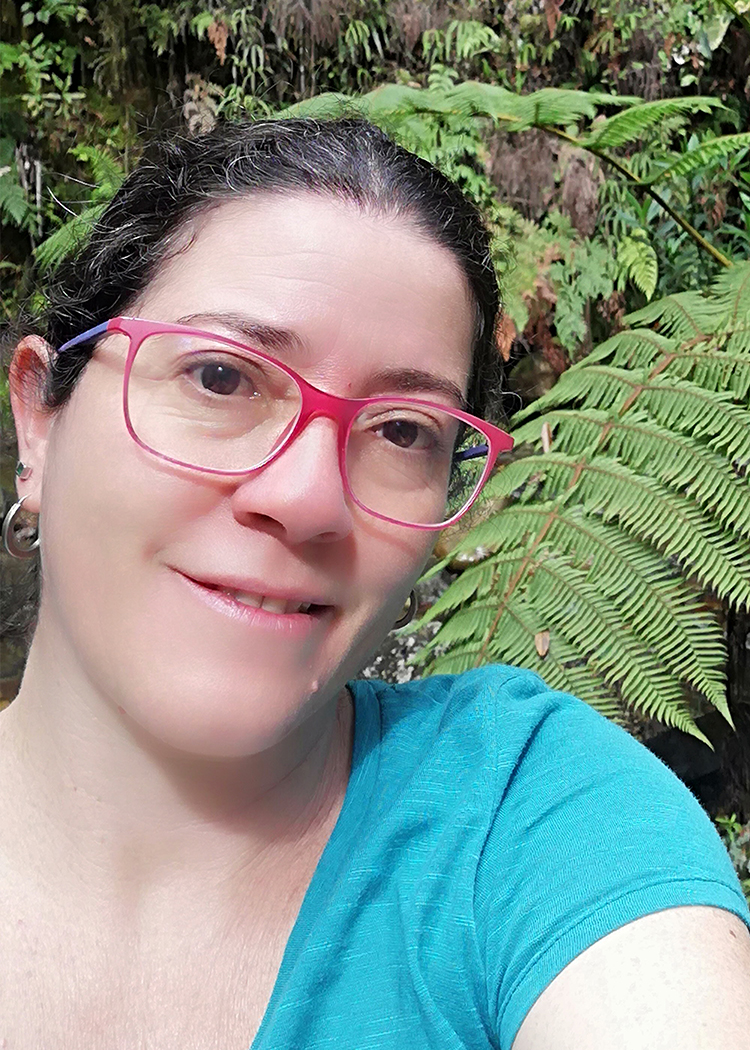The functional relationships of landscapes cannot be lost because they put at risk all the environmental goods and services that nature provides us. These relationships in socio-ecological systems allow us to understand that ruptures and linkages between ecological and social conditions are necessary to face scenarios of change and crisis. They alter living conditions or well-being, as is the case with the recent global phenomenon in the context of a pandemic.
So the question arises as to how much does nature give us to face pandemics as the one we are currently experiencing? In this regard, in an interview held in April this year, Dr. Fernando Valladares said that “nature provides an integrated protection. It may not be perfect, but its protection is broad, it doesn't cost you money and it's sustained”. This implies that a healthy nature is essential to maintain the functionality, productivity and well-being of the Planet, since it acts as a barrier to avoid damage by natural events, to contain multiple pathogens or diseases, and to improve our physical and mental well-being.
Therefore, it is essential to strengthen the management of sustainable landscapes, associated with maintaining multifunctionality, productivity and social well-being for decision-making. Important topics to investigate and take multiple actions on include: (1) non-return thresholds in agro-ecosystem changes due to the loss of their multifunctionality associated with social risks; (2) the effects of agricultural and ecological productivity loss; (3) the loss of functional relationships in landscape elements with their respective effects resulting in increased poverty, and (4) their impact on human health. In this sense it is urgent to be clear about how, which and where the loss of these relationships is occurring, in order to be able to take corrective measures if we really want our landscapes to move towards more sustainable socio-ecological systems.
The properties of a socio-ecological system emerge from the interactions and relationships between its components and attributes; where the main property of landscapes is sustainability. The sustainability (or sustainabilities) of a landscape must maintain three principles: multifunctionality, productivity and well-being, and when we talk about these principles in a landscape, we think not only of natural landscapes, but also of the landscape as a whole, that place where life takes place in all its dimensions. Evidence shows that the health of ecosystems and agroecosystems are intimately related to human health, as it promotes the multifunctionality of landscapes, ensuring productivity or the provision of ecosystem services important to human well-being.
Thus, at the Humboldt Institute, we think it is essential to generate guidelines based on the conception of the multifunctional nature of landscapes and the multiplicity of sustainable states. This conception implies a dynamic relationship between the various territorial “institutions” in addressing common topics and conceptual, operational and instrumental integrality of national sectoral policies towards these objectives, related to the generation of new models of development as new common benchmarks, based on alternative economies, strengthening ways and livelihoods of local communities, in which our solutions are based on nature.
About the authors

Olga Lucía Hernández-Manrique is a biologist at the University El Valle. She holds a PhD in biodiversity, conservation and management of species and habitats from the University of Alicante and currently serves as the leader of the Alexander von Humboldt Research Institute on Biological Resources' work on sustainability of urban-rural landscapes.

José Manuel Ochoa is a biologist at the University of Antioquia, with a doctorate in zoology from the University of Cambridge, and currently serves as Deputy Research Director at the same Institute.
The Alexander von Humboldt Research Institute on Biological Resources is a non-profit civil corporation linked to the Ministry of Environment and Sustainable Development (MADS, for its acronym in Spanish). The Institute was created in 1993 to be the biodiversity research arm of the National Environmental System of Colombia. Within the framework of the United Nations Convention on Biological Diversity, ratified by Colombia in 1994, the Humboldt Institute generates the knowledge needed to assess the state of biodiversity in Colombia and to make sustainable decisions about it.



